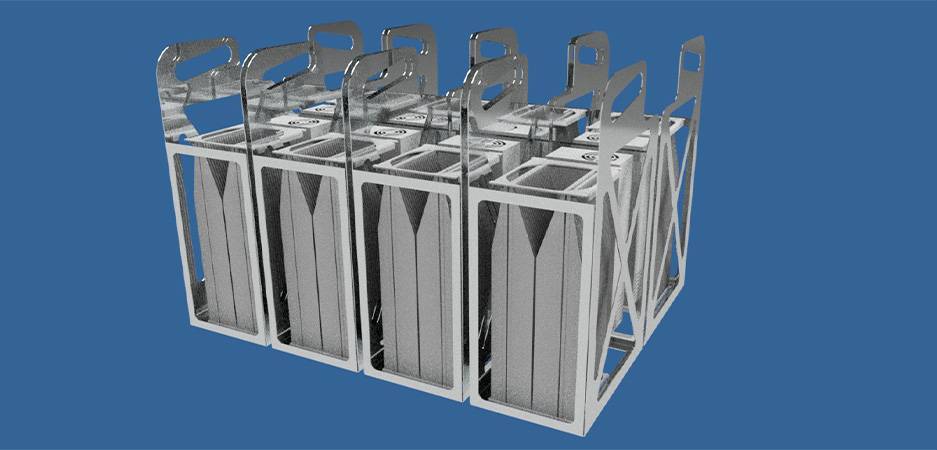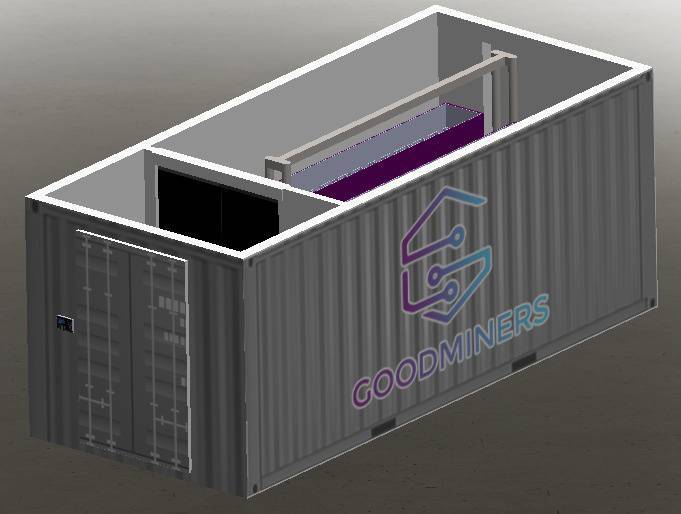
Revolutionize Your Crypto Mining
Discover Our Economic, Secure, and High-Performance Immersion Cooling Systems Discover Our Technology
Qubit Science & Technology
Qubit Science & Technology is an engineering and technology firm dedicated to shaping the future by providing cutting-edge solutions for supercomputing systems, artificial intelligence data processing centers, and cryptocurrency mining data centers that face challenges such as high heat and energy costs. Qubit Science has embarked on this journey with a commitment to creativity, innovation, and continuous improvement, all while prioritizing customer satisfaction and aiming to be a leader in alternative cooling systems.

Game-Changing Innovation for AI and Supercomputing Data Centers
Experience Qubit Science's Unique Expertise with Direct Liquid Cooling Discover Our Technology
Qubit Science & Technology
Qubit Science & Technology is an engineering and technology firm dedicated to shaping the future by providing cutting-edge solutions for supercomputing systems, artificial intelligence data processing centers, and cryptocurrency mining data centers that face challenges such as high heat and energy costs. Qubit Science has embarked on this journey with a commitment to creativity, innovation, and continuous improvement, all while prioritizing customer satisfaction and aiming to be a leader in alternative cooling systems.

Tailor-Made Excellence
Custom-Designed, AI-Driven Turnkey Data Centers Powered by Innovative Liquid Cooling Solutions Discover Our Technology
Qubit Science & Technology
Qubit Science & Technology is an engineering and technology firm dedicated to shaping the future by providing cutting-edge solutions for supercomputing systems, artificial intelligence data processing centers, and cryptocurrency mining data centers that face challenges such as high heat and energy costs. Qubit Science has embarked on this journey with a commitment to creativity, innovation, and continuous improvement, all while prioritizing customer satisfaction and aiming to be a leader in alternative cooling systems.

















